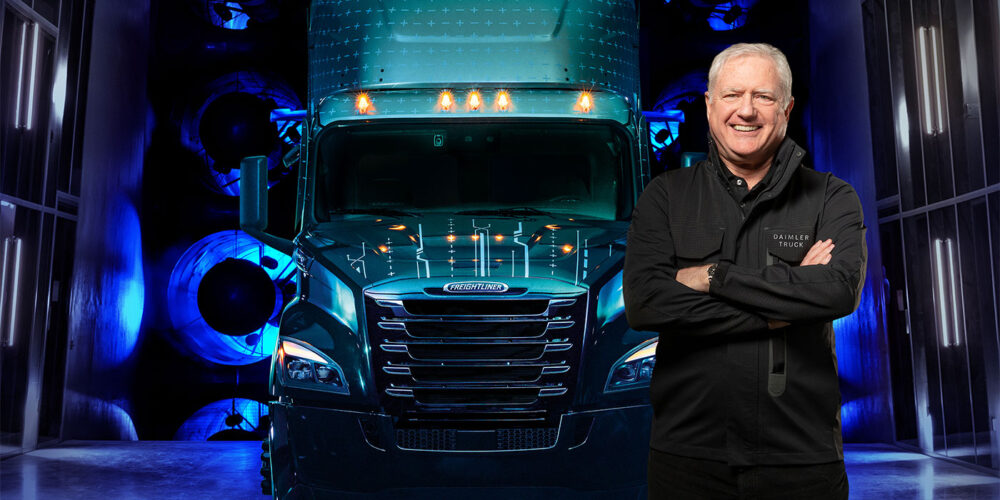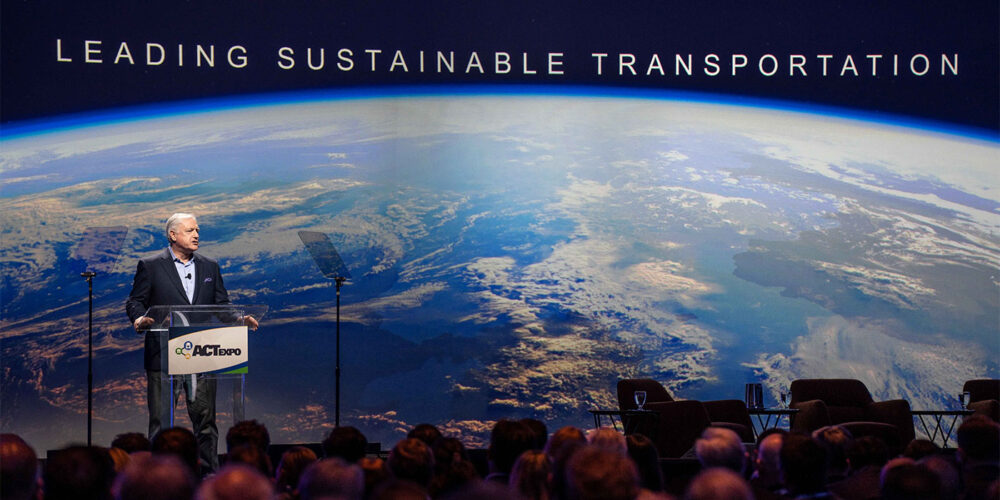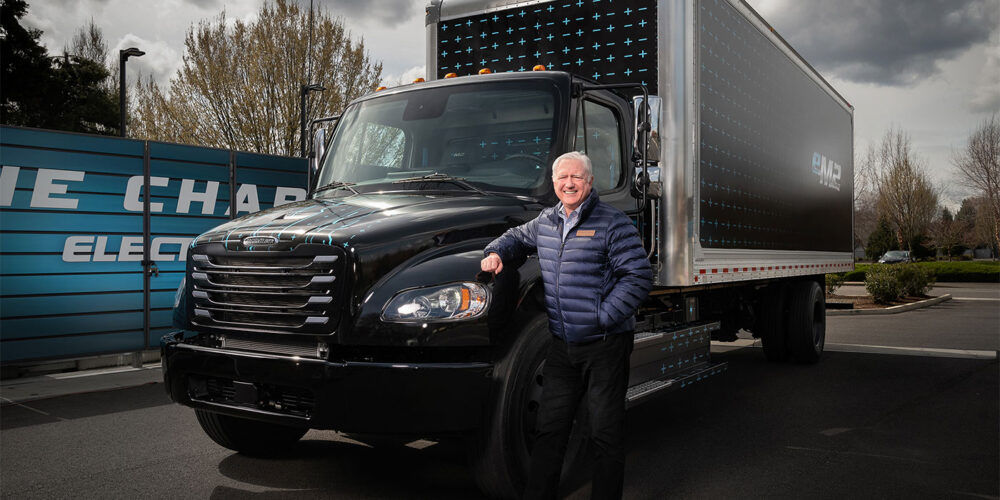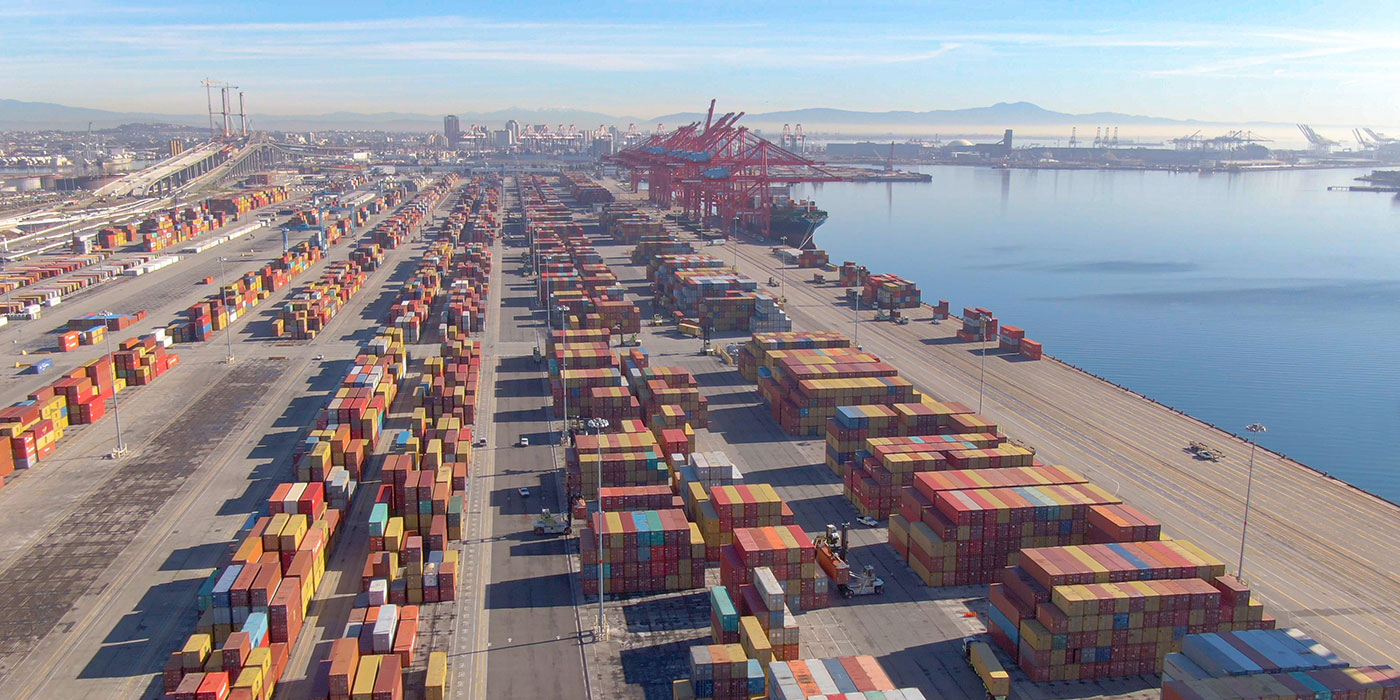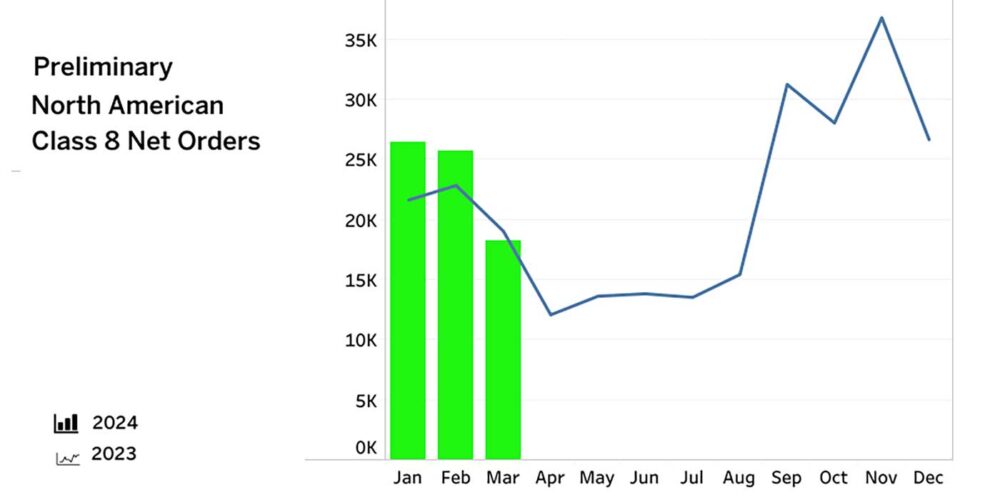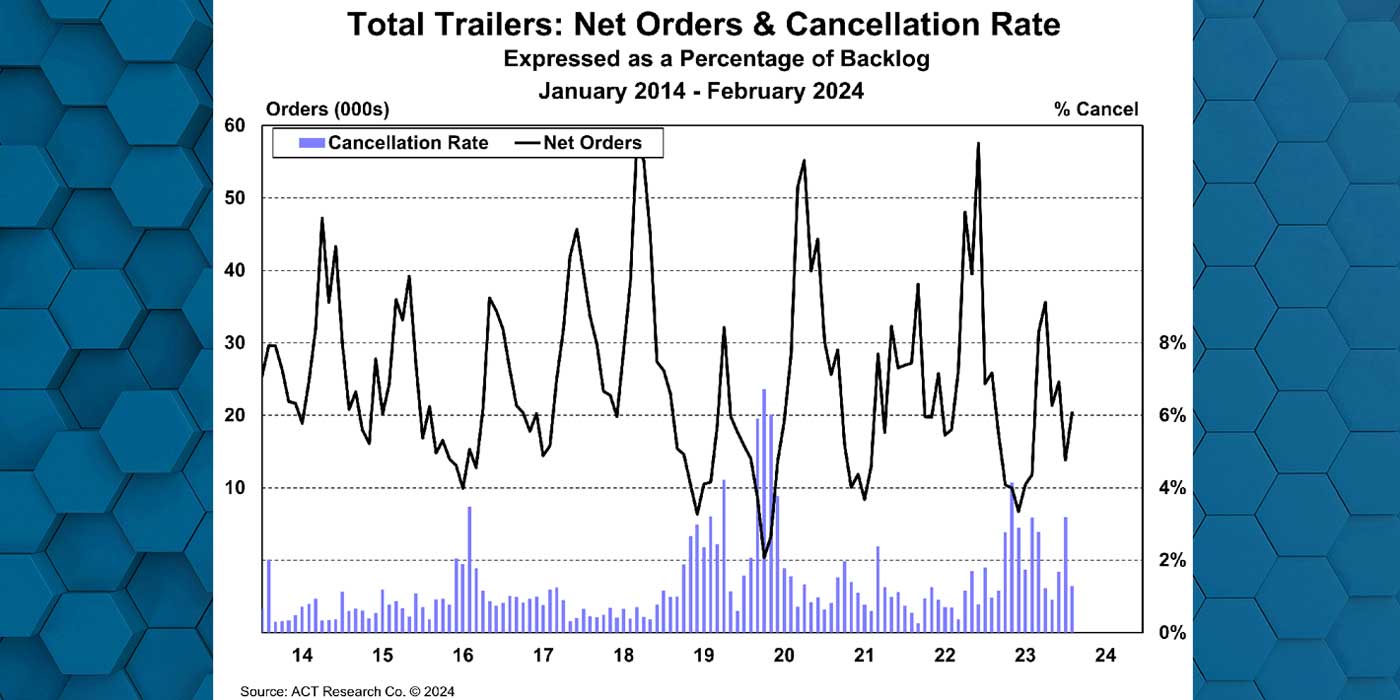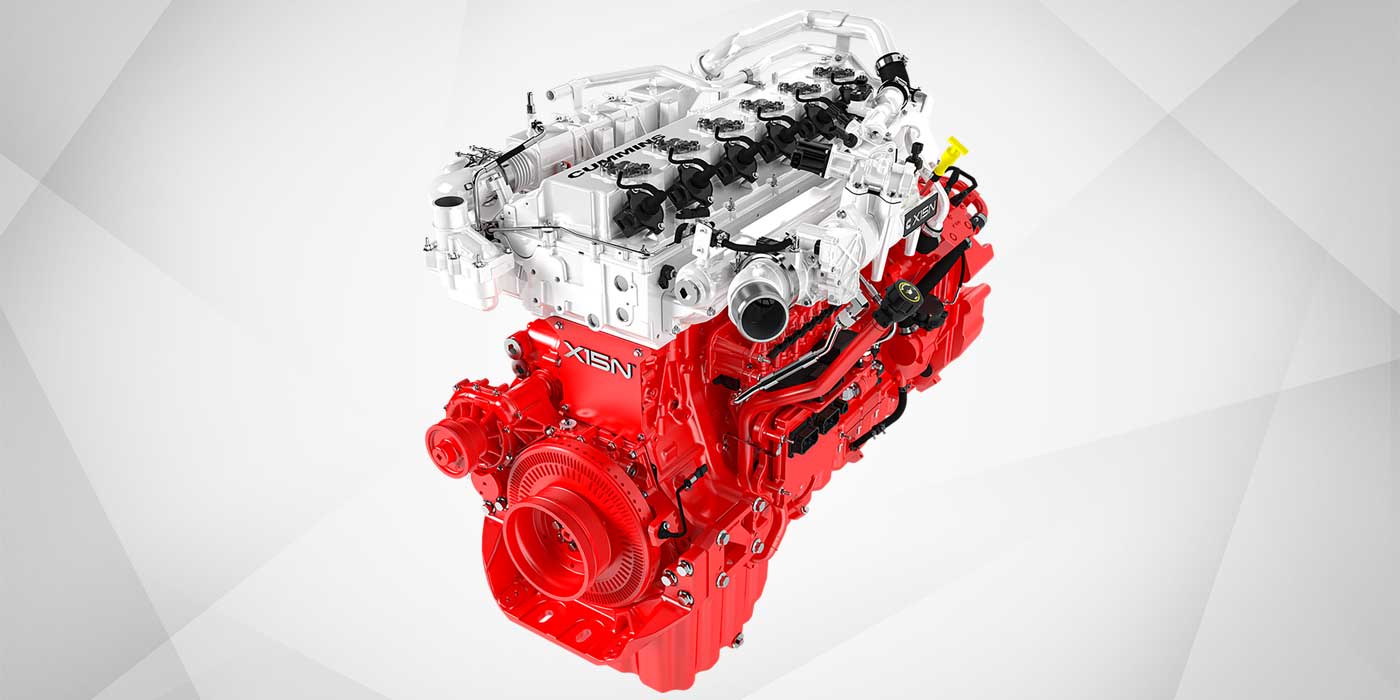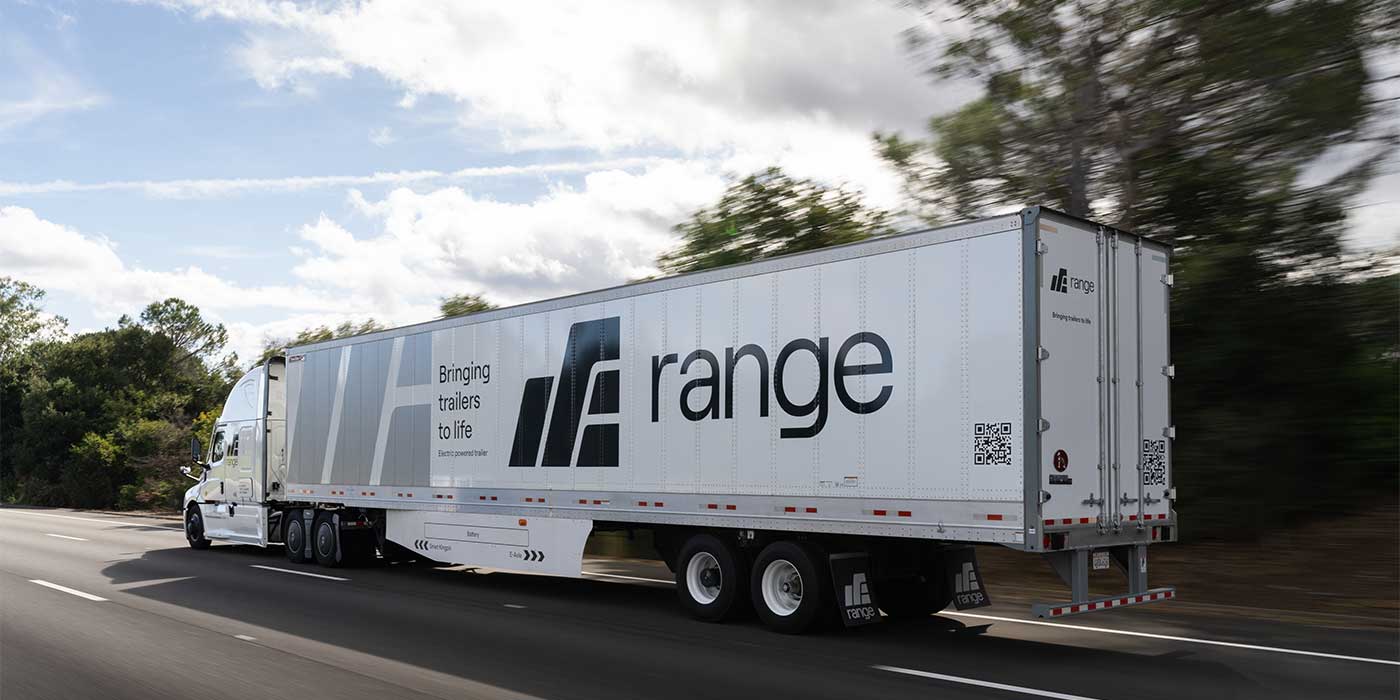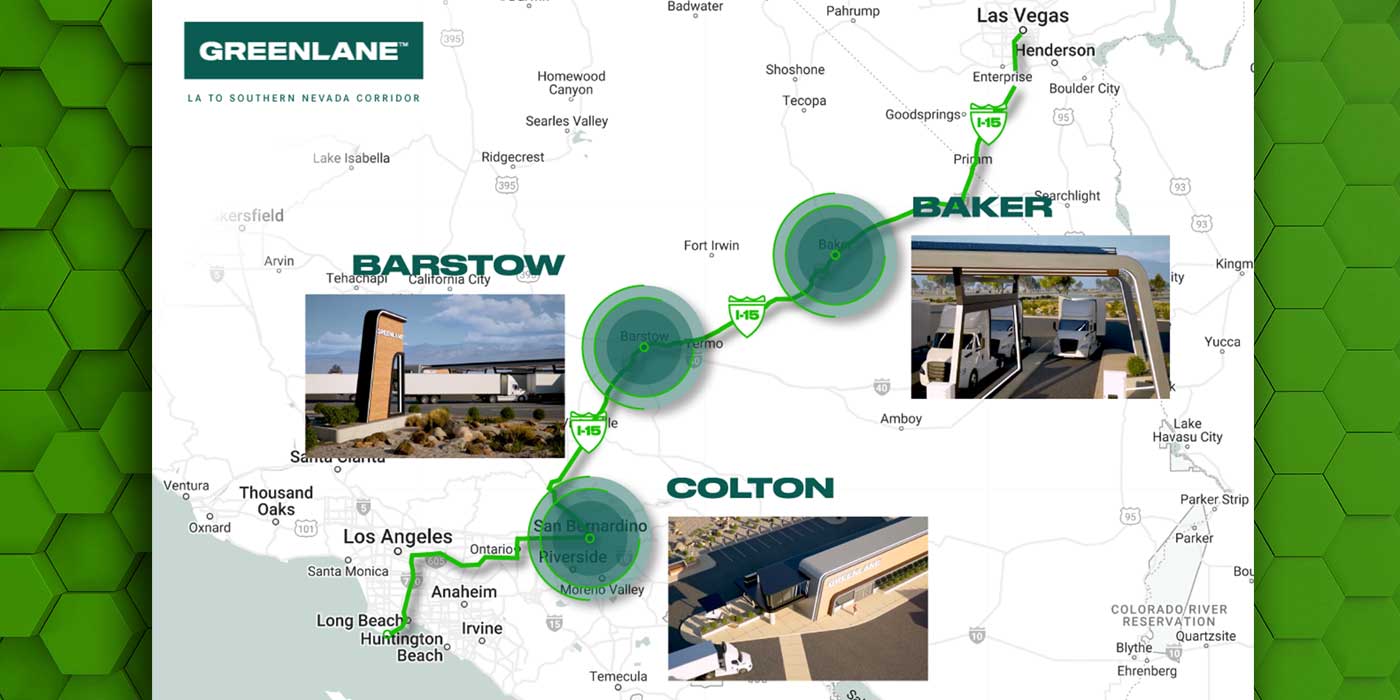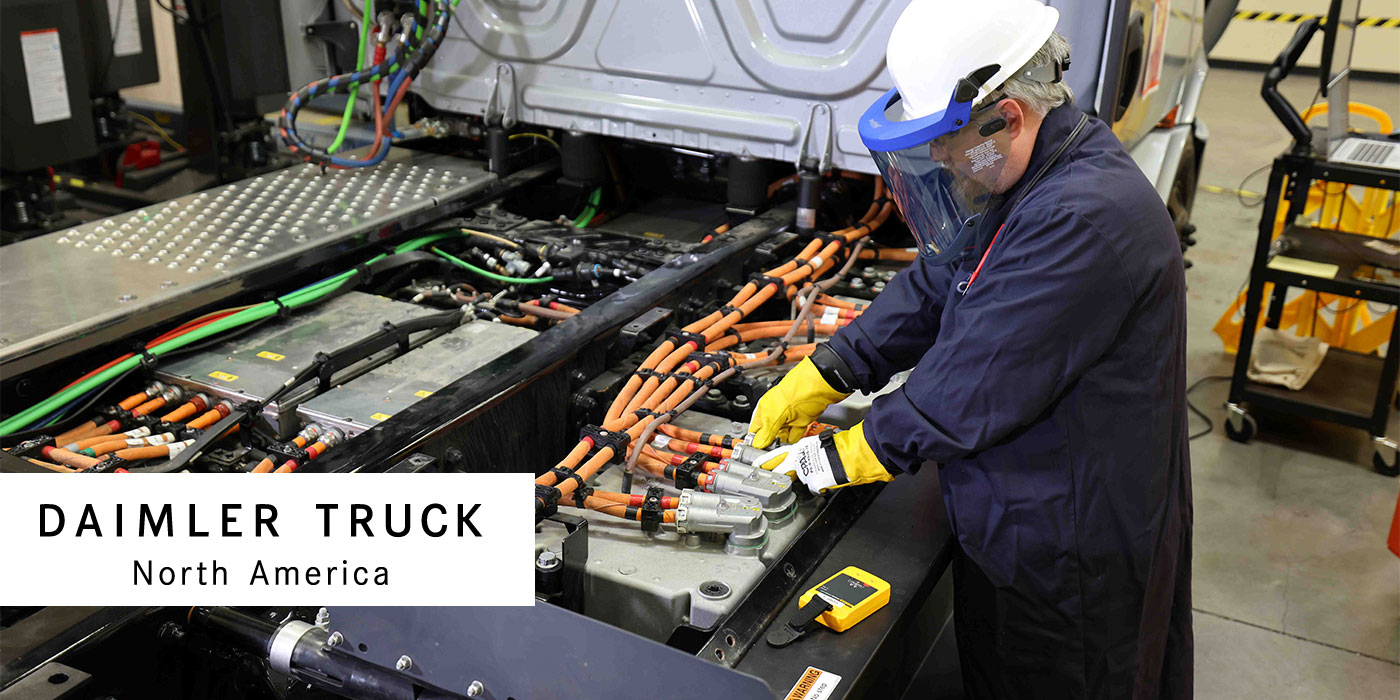There is no doubt about it: Electric truck charging infrastructure is a challenge. A big challenge. Daimler Truck North America President and Chief Executive Officer John O’Leary made everyone in the packed main ballroom at ACT Expo during the opening keynote aware of the monumental task charging infrastructure is going to require of the industry. It’s not insurmountable, but it’s going to take all of us, he stressed.
“Infrastructure is the drum that I keep beating, because it’s not the vehicles that are the whole hold up,” he said during a trucking press roundtable interview earlier in the day. “We could build more if there was demand for them, and I know others could as well. It’s infrastructure that’s holding us back.”
“I can’t even tell you how many times I’ve heard from customers directly, or through my sales organization, ‘Hey, we just took delivery of five eCascadias, and they are amazing. We love these things. They’re ready for prime time. They run incredibly well. Our drivers love them. I would love to get 100 or 500 more, but you know what, I don’t have any place to charge them.’ It’s a challenge.”
One that DTNA is well accustomed to dealing with at this point, given the charging installation called “EV Island” it built in Portland, Oregon in 2021; and now with Greenlane, the company’s public charging and hydrogen refueling infrastructure joint venture with NextEra Energy Resources and BlackRock. This venture aims to create a nationwide charging network for medium- and heavy-duty battery electric and hydrogen-powered trucks. The company continues to work through its customers’ EV charging infrastructure challenges through its dealers and Detroit eConsulting support group.
Though battery electric maintains a grip on headlines, in DTNA’s case, with the launch of the medium-duty Freightliner eM2, O’Leary noted that it’s just one piece of a larger sustainability-focused conversation.
“For a long time, I think decarbonization was seen as a California issue,” O’Leary said. “Then we had the so-called opt-in states that want to follow California’s lead. There are about nine of those states with a few others that are thinking about joining that group. You are starting to see more and more of the seriousness of decarbonization. It’s really starting to take off.
“Next year, roughly 10% of the large Thomas Built school buses, not including the mini buses, will be battery-electric this year. It’s certainly a harbinger of things to come.”
Hydrogen is included on that list of “truck technologies to come,” with both hydrogen internal combustion engines (ICE) and hydrogen fuel cells on display across the ACT Expo show floor. DTNA has several hydrogen irons in the fire, including cellcentric, a 50/50 fuel cell joint venture of Daimler Truck AG and Volvo Group AB that will develop and deploy hydrogen fuel cells for use in heavy-duty commercial vehicles, and a previously announced hydrogen fuel cell testing partnership with Cummins. Given the level of interest from fleets, it’s on its way to becoming a reality.
“There are a lot of robust conversations that have elevated the scope of zero-emissions technology,” O’Leary said. “If you talked to customers two years ago about zero-emission, it was pretty much a battery electric vehicle discussion, and it was pretty much about, ‘I just need to start dipping my toe in the water and understand what this is all about.’
“Now that they’ve experienced that,” he continued, “they realize, ‘These are perfectly good vehicles that really run well, and drivers like them, and they have a lot of other benefits to them.’ Now they start talking more about the quantity side of: ‘How do I ultimately shift into this in a much more dramatic way as a percentage of my old-world fleet?’ We’re now having conversations about thousands of vehicles.”
In that vein, O’Leary noted that 18 months ago there were relatively no conversations around hydrogen, whereas today, it’s a much-discussed technology that DTNA, for its part, is researching in both H2 ICE and fuel cell forms to find its best fit for commercial vehicles.
With one eye on developing new technology to fit demanding applications, another eye is fixed on finding applications that today’s zero-emissions technology can already deliver upon. For Daimler Truck that meant launching a new brand in the U.S.—Rizon, a Class 4 and 5 medium-duty truck offering with a Fuso pedigree.
“Just to level-set everyone, there are three major operating units within Daimler Truck,” O’Leary began. “There’s Trucks Europe, which also has Brazil, and that’s the Mercedes-Benz Trucks brand. There’s Trucks NAFTA, which is the DTNA organization. Then there’s Trucks Asia, which is primarily the Fuso brand. The Rizon brand is Trucks Asia’s baby.”
Starting in Q4, Rizon trucks will be distributed in the United States through an exclusive agreement with Velocity, a commercial vehicle dealership with 80 global outlets.
Leveraging global solutions and scale and working with partners new and established is all about finding solutions that will work in commercial vehicle markets. At the end of the day, O’Leary noted that fleets want to run a business like DTNA wants to run a business, building products, providing service and boosting bottom lines. In a time when so much is changing, finding solutions means working together.
“What you find when you’re talking about zero-emissions technology is that nobody has all the answers,” he said. “We’re going through this huge transformation, and we have some of the answers, and the oil companies have some of the answers, and the utilities have some of the answers, and customers have some of the answers.
“For us, being a customer-centric company, we’re trying to bring everybody together, and understand what are the questions, who has the answers, and bring it all together to fully understand whatever the answer is, and know that today’s answer might not be the answer in two years,” he concluded. “So it’s being flexible and nimble.”

